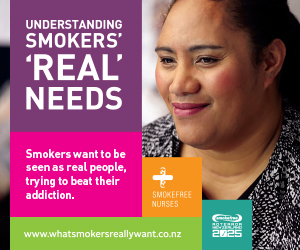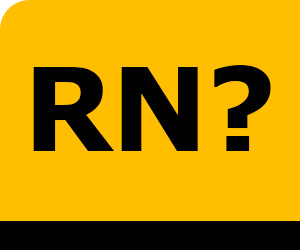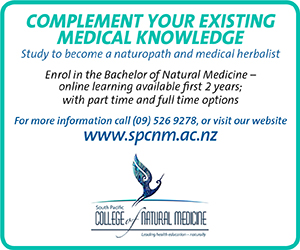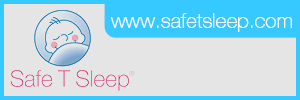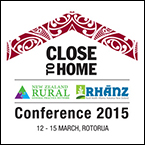LOU ROEBUCK, a youth primary health NP, reflects on five years of surviving funding struggles to deliver youth one-stop-shops.
Becoming a nurse practitioner in 2007, a week after the WAVES youth health and development service opened, could not have come at a better time.
WAVES is a youth one-stop-shop (YOSS), in New Plymouth, offering free youth health, support and development opportunities for young people from the ages of 10 to 26 years.
The service now has well over 5000 registered clients that regularly use the service. The registered nurse and the NP (me) provide full primary healthcare services to over 90 per cent of young people coming through the door.
Funding continues to be a problem despite the increasing recognition in Aotearoa New Zealand over the past two decades that the health and developmental needs of adolescents and young people differ from those of children and adults. Funding for specialty youth health services varies around the country. And services often continue to be provided by mainstream medical providers with very little experience or training in the issues facing our young people.
Survival in an ever-changing health environment has continued to be a struggle. WAVES now has a wide range of support and has developed many collaborative relationships within education agencies, GPs, secondary health services, schools, youth justice and government agencies such as Child, Youth and Family and Work and Income. The emergency department of a hospital often refers primary health presentations to WAVES as we are a free service, and this helps reduce waiting times for more urgent cases.
WAVES has also made many ‘shared care’ arrangements with GPs, including very complex mental health clients who cannot afford to pay for a doctor’s visit. These patients can access WAVES for free, the GP plans the care, and we manage it. We continue to see third-world health issues like untreated impetigo, untreated strep throats and infected scabies leading to cellulitis and a costly admission to hospital.
Funding has always been a struggle, and when a grass-roots service starts up, the strategic and governance performance is often regarded as a low priority, which has made it difficult to gain credibility with the larger funders. This has now changed for WAVES, with the support of the local council, Department of Internal Affairs, a financial advisor, Health Care Aotearoa (with its Te Wana accreditation process) and the Bishop’s Action Foundation.
There is robust research both nationally and internationally that youth-specific services do work, and the fully-booked days show that young people are accessing these services in large numbers. We do have the time to spend an hour or more with a young person and family if we have to, and our GP colleagues and practice nurses are happy to refer these clients to us for support.
Innovation in health has always been a high priority, yet this needs to come from a team, and the population groups themselves. Too often these decisions come from a few people at the top of the food chain, leaving frustrated teams with many ideas, feeling discouraged and thinking ‘whats the point’.
I believe in developing creative ideas, getting some influential people behind you, getting the community involved and keeping on striving for excellence. Setting up WAVES was possible through never giving up, looking at innovative ways of funding – through corporate partnerships, for example with Contact Energy – plus always taking opportunities, being enthusiastic and believing that what you are doing is right and meets the needs of your population group.
For me, the NP position has facilitated leadership: meaning interaction with others and capturing their imagination. It is about raising other people’s aspirations and helping them accomplish things. Youth health remains a specialty I am passionate about. It looks at all the social determinants of health and all areas of wellbeing (true for both the art of nursing and the MÄori model of health).
It has been an amazing journey – watching very troubled young people grow and learn to trust adults, and make some really positive changes in their lives when everyone else had given up on them. Seeing our local youth court judge praising these young men and women in court for making some positive step, knowing that our support and care has enabled these young people to get well and give back to the community they used to take from.
I think youth health will always struggle for funding, I would like to see some national standards adopted and see the ministries of social development, justice, education, and health, support health services in schools (see For the Record news update), as well as community-based YOSS. Both these are important, as many of our more vulnerable population groups are not in school or receiving education.
I would like to thank a few amazing mentors – wise and compassionate people I have met along the way, including Dr Sue Bagshaw,
Dr Simon Denney, Dr Peter Watson, all my NP and youth health nursing colleagues, Pat Sneddon, Maata Wharehoka and Professor Jenny Carryer. There are many others as well who have all given me so much encouragement. I cannot thank them all enough.













